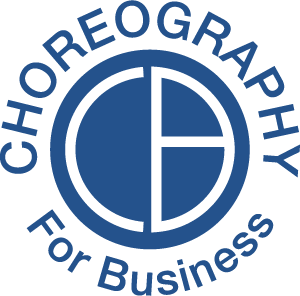Even Professionals Rehearse
In our fast-paced world, where information and knowledge seem to be a quick click away, it is easy to develop the tendency to expect change to happen overnight. As anyone who has been frustrated with the pace at which they get ‘used to’ a new role, a new relationship or a new project, the realization that this formula for immediacy does not work shouldn’t come as a surprise.
But for many, it does. When I lead my clients through CFB sessions, whether we are focusing on making a competent impression right off the bat, managing a big crowd or leading a team through the adoption of a new idea, I impress upon my clients that the concepts I teach require practice before they become second nature.
In the world of dance, this is how you perform under scrutinous pressure, night after night, in front of live audiences. Not only have you rehearsed until you embody the role you are dancing, but you are so well-rehearsed that even your worst performance leaves the audience in wonder.
Do true professionals still require rehearsal? I get this question once in a while and find it a compelling one to answer. In short, yes, they do. The difference between a professional and an amateur, lies not in their ‘need’ to rehearse. Rather, a professional knows exactly what to do when things go wrong and can make any turn of fate look intentional, whereas an amateur needs everything to go right to get their point across.
In the same way that a dancer can’t control the orchestra or the other dancers, you can’t control the way someone will come into the office in the morning, enter a meeting room, or react to something you say/do. What you can control, is your ability to move seamlessly and naturally from one physical expression to another to convey the most appropriate response.
Both this ability, and the authentic embodiment of a new posture, come with rehearsal.
So how to rehearse? As much as our work office jobs may seem non-physical, the mere act of sitting, standing or walking are entirely physical enterprises. Set a timer on your phone and challenge yourself to hold an intentional posture to train your muscles to be more upright; set the weekly goal of leaning in more or tilting your head slightly during conversations you are really enjoying or actively make the call to not cross your arms all week. You might also consider hiring a coach, like CFB, to keep you honest and intentional in your rehearsing.
It will feel foreign at first, but with enough practice, you will soon slip into a new way of showing up physically that will feel natural to you, and come off as authentic to others. Before you know it, you will find that your body naturally feels comfortable in postures that serve you, and your ability to adopt intentional body language will increase.

